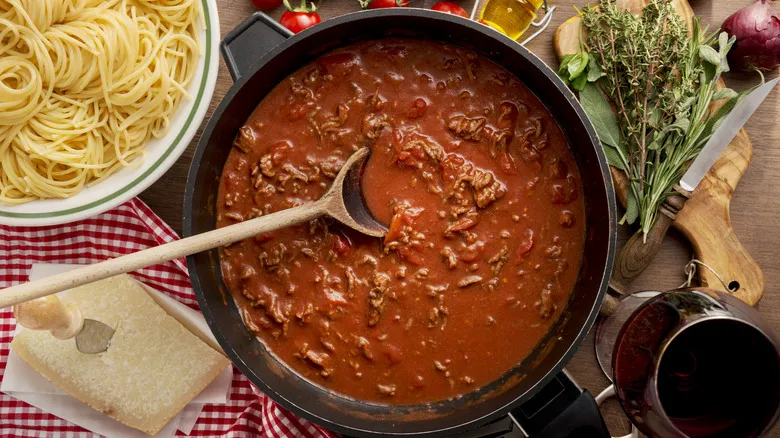The benefits of using a wooden spoon
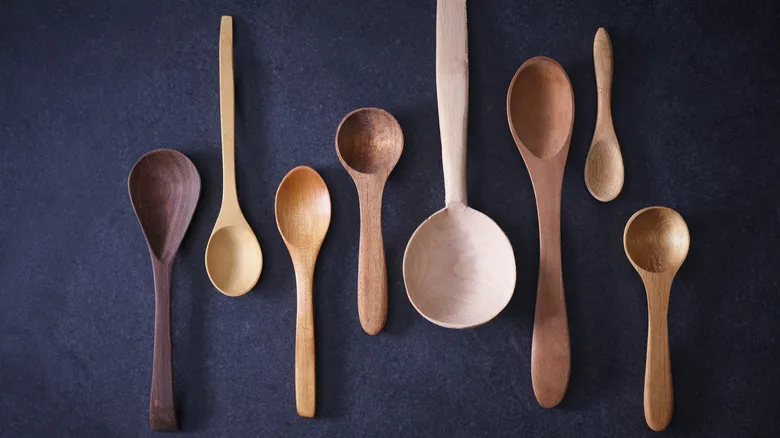
Why choose wood over plastic or metal? One significant advantage is the absence of potential health risks. Many modern household materials can harbor harmful chemicals, and unfortunately, a lot of these persistent substances can be found in the kitchen. If you've been using that same black plastic spatula or spoon since your college days to whip up your béchamel or marinara sauce, there's a possibility that your food could be contaminated with BPA or similar chemicals. Likewise, using metal utensils on a Teflon-coated non-stick pan creates more than just an unpleasant sound; the scraping and scratching can lead to chemicals flaking off into your food and, ultimately, your body. By opting for a classic wooden spoon, you can avoid the risk of ingesting harmful substances from your utensils or from friction with your cookware.
So, treat yourself to a wooden spoon or check out a local yard sale—using second-hand wood is perfectly safe. Wood possesses natural antibacterial properties, and its porous structure is beneficial, as it allows any bacteria that penetrate the surface to die off naturally. With proper care, wooden spoons can last a lifetime. Just remember to keep them out of the dishwasher, occasionally buff them with lemon and baking soda, and moisturize them with mineral oil when they start to look dry.
Recommended
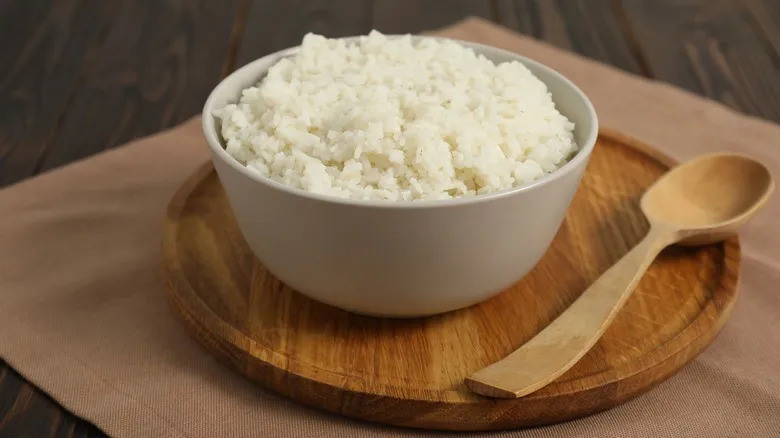
Don't Have A Rice Cooker On Hand? Your Microwave Is The Answer
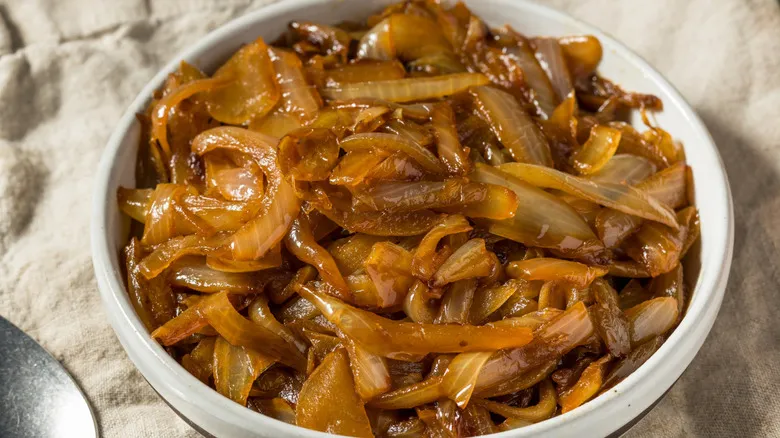
Give Your Stove A Rest And Make Caramelized Onions In Your Slow Cooker
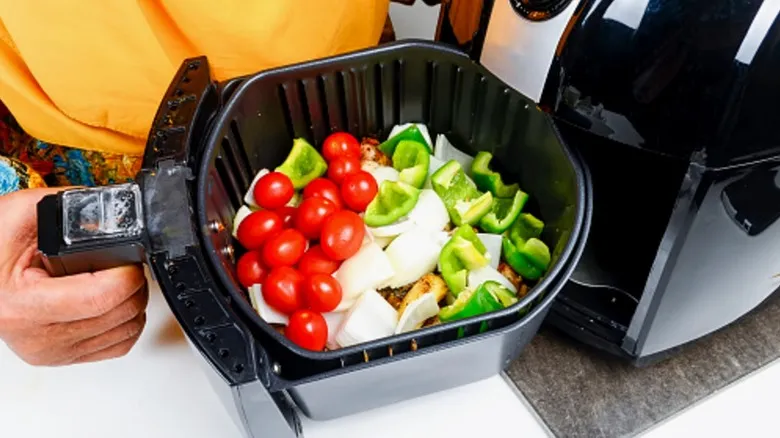
The Best And Worst Frozen Vegetables To Cook In The Air Fryer
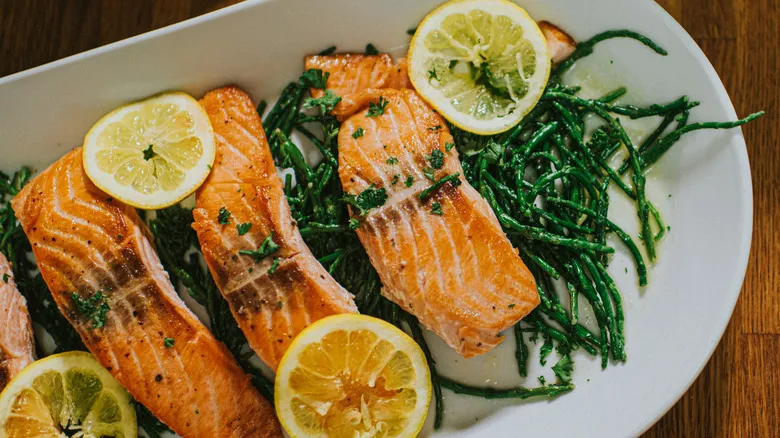
The Baking Tool That Helps You Check Fish For Doneness
Next up

